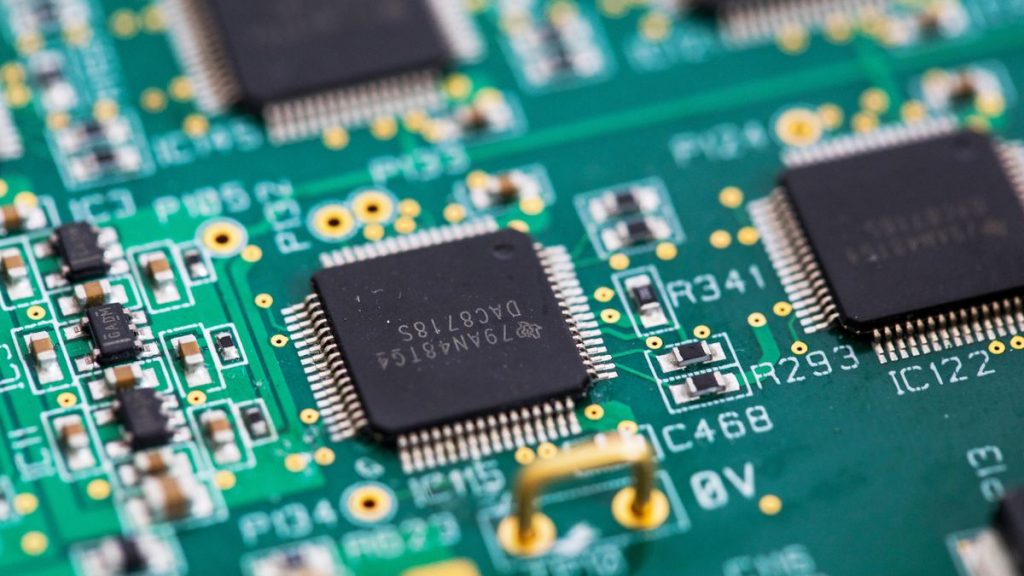The global chip shortage has led Japan to invest in its domestic chip production and the country aims to invest over $5 billion in chip production. According to Nikkei, Japan’s fiscal 2021 supplementary budget will allocate roughly 600 billion yen ($5.2 billion) to boost advanced semiconductor producers.
The government wants to invest around 400 billion yen in a new facility in Kumamoto Prefecture, southwest Japan, built by Taiwan Semiconductor Manufacturing Co., the world’s largest contract chipmaker. The remaining 200 billion yen will be used to build new plants, with projects being considered by Micron Technology in the United States and Kioxia Holdings in Japan.
The Japanese government is considering including semiconductors as a new focus area in a law aimed at firms developing high-speed 5G technology, implying that the updated law will authorize investment plans for their factories.
Micron has acquired Elpida Memory’s innovative dynamic random-access memory (DRAM) chip manufacturing facility in Hiroshima Prefecture, in western Japan. The corporation has been in discussions with governments from a number of nations, including Japan, about production investments.
In Japan, Kioxia boasts a cutting-edge NAND flash memory manufacturing. In Yokkaichi city, Mie prefecture, a new factory facility is being built that will begin operations in 2022. The company also expects to begin construction on a new industrial building in Kitakami, Iwate Prefecture, next year, with intentions to begin operations in 2023.
Memory chip consumption is predicted to rise in the mid- to long-term, owing to increasing digitization and data centre investments. “Securing a reliable supply of advanced semiconductors (logic, memory) is the most significant security problem,” Japan’s industry ministry noted in its semiconductor reinforcement package.
The decision was made in response to a global chip scarcity. The chip scarcity became apparent at the same time as the COVID-19 coronavirus outbreak hit the United States. With billions of people throughout the world facing months to years of isolation, the only means to communicate with the outside world was through computers, laptops, cell phones, televisions, and game consoles. Those of us who were fortunate enough to work from home relied (and continue to rely) on the daily operation of semiconductor-based equipment and the computer chips that they comprise.

